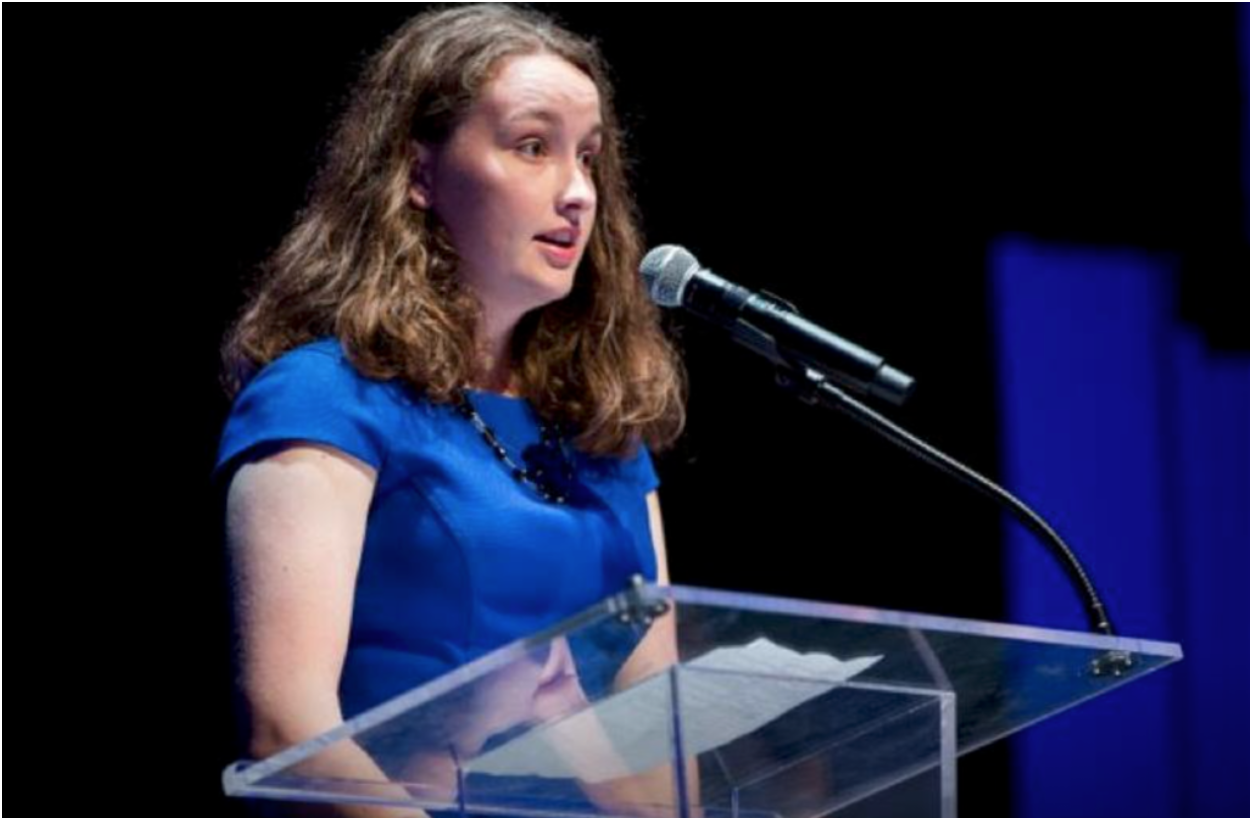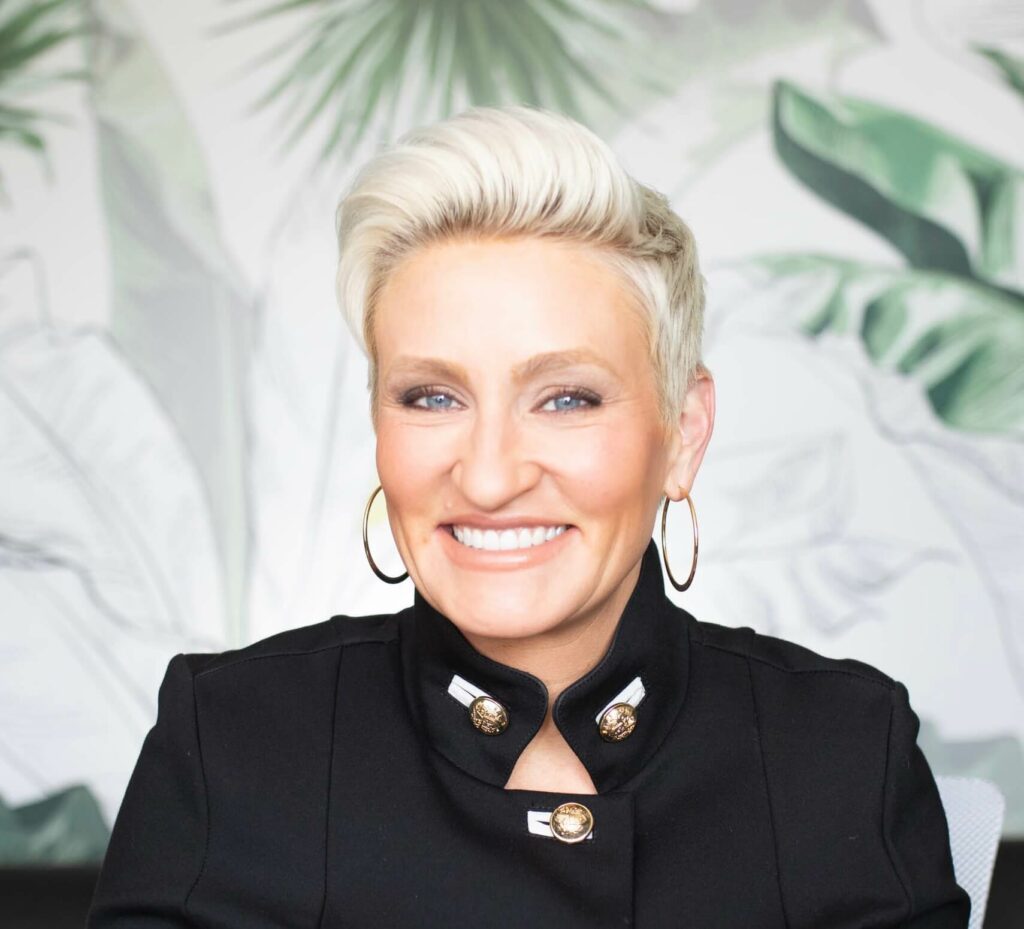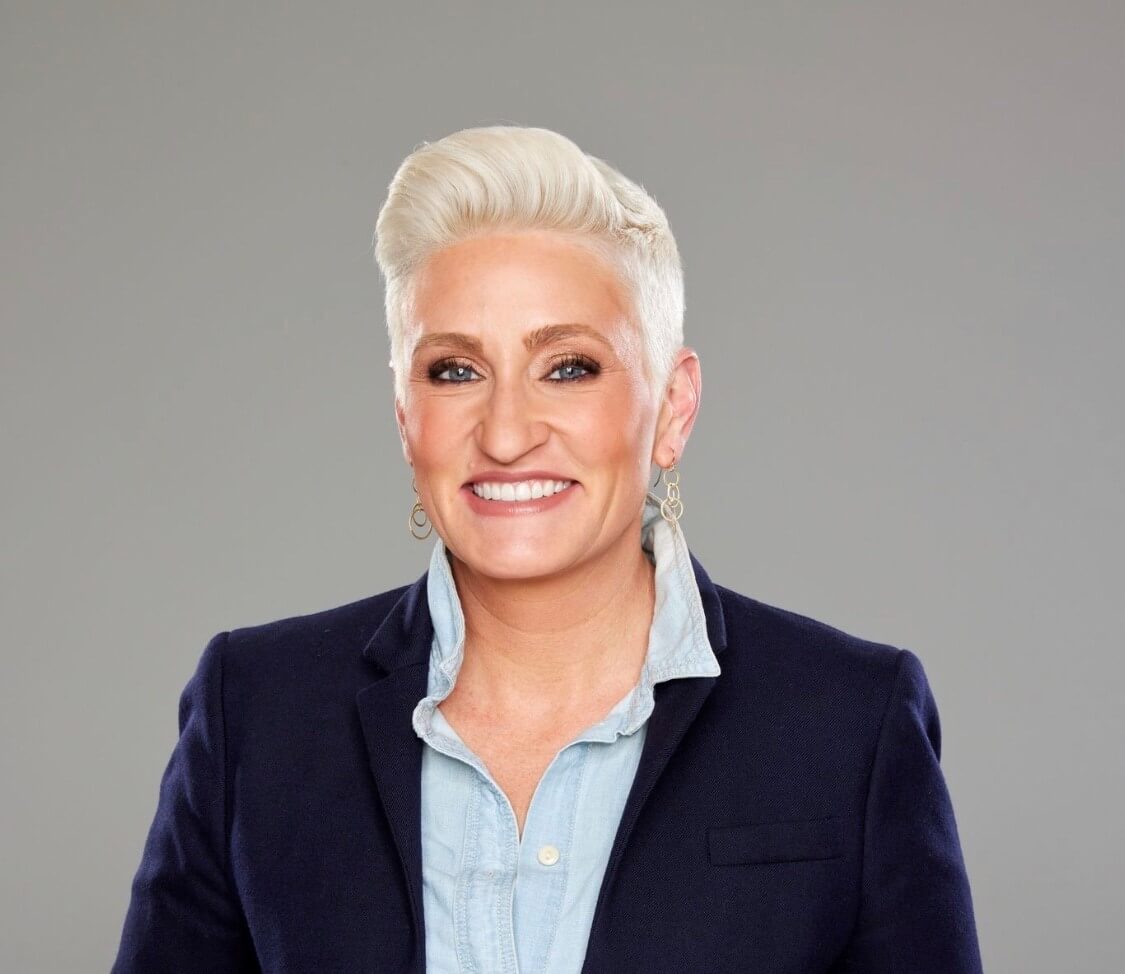Maria Keller had a dream in 2009 to collect and distribute one million books by the time she turned 18. Remarkably, she was just eight years old at the time. That birthday has since come and gone and not only has she collected and distributed one million books, she’s collected and distributed more than two million books. And she isn’t stopping now.
Q: What spurred your initial idea at age 8 to collect and distribute a million books by the time you turned 18?
A: I always loved to read, since I was a little girl. My parents always made sure to impart me with a dedication to reading. My mom is a freelance writer and editor, so she receives books to review all the time. We always had books in our home, and my parents read to me regularly. I remember having a conversation with my mom, about how some of my friends at school didn’t like to read as much as I did. The conversation continued to a discussion of how some kids in the Twin Cities don’t have any books of their own. I was shocked because I couldn’t imagine a life where reading isn’t important. I decided to run a small book drive at my elementary school. Eventually, we collected around 1,000 books, and donated them to St. Joseph’s Home for Children. I waited a few weeks, and declared to my parents that I wanted to gift 1 million books to kids in need by the time I turn 18. Of course, I didn’t really understand what I was getting myself into, how challenging and wonderful the next decade would be.
Q: How were you able to manage your time in running Read Indeed while going to school?
A: Luckily, I had an enormous support network standing behind me. My immediate family were particularly encouraging. As an eight-year-old, I couldn’t apply for 501c3 status so we could begin accepting monetary donations. I couldn’t give strangers directions to our warehouse facility when they called. I didn’t know how to run board meetings, even write effective emails. I certainly couldn’t write grant proposals. I learned all these things along the way, through the gracious support and guidance of my parents and family. Read Indeed has definitely been a learning curve, and one of the most important lessons I learned early on was how to manage my time and how to accept help from others. It was really only through the effort of our dedicated volunteers that we didn’t have to shut down Read Indeed within the first year. Fortunately, once Read Indeed had momentum within the community, I didn’t need to convince others to be enthusiastic about the mission. People whom I had never met before became passionate about my mission. Boy and girl scout troops, churches, schools, corporations, and families reached out to me to hold book drives. Families loved to volunteer at the warehouse and sort books, especially on cold, dreary Minnesota winter mornings. Our policy of letting volunteers take books home with them and then re-donate them to Read Indeed was very popular. Occasionally, due to the pressures of school work and other activities, I put Read Indeed on the back-burner. But others always stepped up to help relieve the pressure on me, whether they knew it or not.
Q: You won the prestigious Jefferson Award in 2014 for Outstanding Service By a Young American 25 Or Under. What advice do you have for other young entrepreneurs?
A: I think the hardest part of trying to make a difference in the world is being willing to make mistakes. It’s hard to try something that might go wrong, and might reflect poorly on you. Sometimes this fear of humiliation holds you back. Rather, we should appreciate humiliation, and recognize that by making mistakes we can learn from them and grow to be more capable of accomplishing our mission. Humility is an incredibly beautiful virtue, but it is often the most difficult to pursue in practice, at least for me. My next piece of advice would be to discern your purpose. I find that an important concept to contemplate is “memento mori.” By contemplating your own mortality, you can learn to recognize how important it is to spend your time wisely, and dedicate yourself to what you believe to be important. My final piece of advice is, to roughly paraphrase G.K. Chesterton, be confident in your convictions, and do not be afraid of occasionally losing confidence in yourself. Commitment to convictions is priceless. Humility is absolutely important, but avoid doubting your goal. It is easy to abandon your convictions and dreams for fear of failure. Don’t be afraid of losing confidence in yourself, because self-confidence is cheaper than love of your purpose.
Q: Has it been fun working on Read Indeed with your mother, who is the executive director?
A: We have definitely had some memorable experiences together over the past decade. We’ve been through everything together, from working 10- to 12-hour days at the warehouse sorting hundreds of thousands of books, to car rides where my brother and I were perched precariously among boxes of books stacked to the roof of the vehicle. I remember the many times my mom would find me hidden behind stacks of books reading. I have been surprised by how powerful working with family is. I think people often have a negative association of working with family. It is challenging, strenuous, and risky to work with family. But my experience with Read Indeed hasn’t really aligned with that perception. Of course the pressures of running Read Indeed as a family was trying at times, but it brought us closer, and we became a real team, committed to encouraging each other to grow in virtue. It has given me new insight into the purpose of one’s family, and how we really are a lifelong team, committed to making each other and the world better.
Q: In the for-profit and nonprofit worlds, I advocate for how important it is to take “brand purpose” and turn it into brand action. How important do you feel lit is for organizations to get involved in making the lives of people better?
A: Ultimately, for any sort of organization, for-profit and nonprofit, the end goal should be making the world a better place. I think it is so easy to get caught up in the mundane parts of life and forget this purpose, even though this is of the utmost importance. Every major decision in an organization should be made after considering how it will impact the surrounding community and how it contributes or distracts from this purpose.
Q: What’s the best piece of advice you’ve been given from a mentor?
A: My dad has always supported Read Indeed in a way that complements his strengths. In particular, he helps me prepare for interviews and speeches. He always instructed me to speak slowly and loudly. I think the way we speak, the way we hold ourselves, says something about the way we see the world. Everything we do, even the way we speak, contributes to the decisions we make. By trying to speak loudly and deliberately, I live my life more deliberately and with greater enthusiasm for my mission.
Q: I think you are a rock star in the philanthropy world. If you were an actual rock star, would be your stage, or band, name?
A: I’m not sure I have the persona of a rock star. However, I have always loved the name Arabella Figg. Or for a band name, Peacock Patrol. I’ve gotten very into reading Flannery O’Connor lately.
Find Keller on social media at:
Twitter: @Read Indeed
Instagram: readindeed_4_kids



